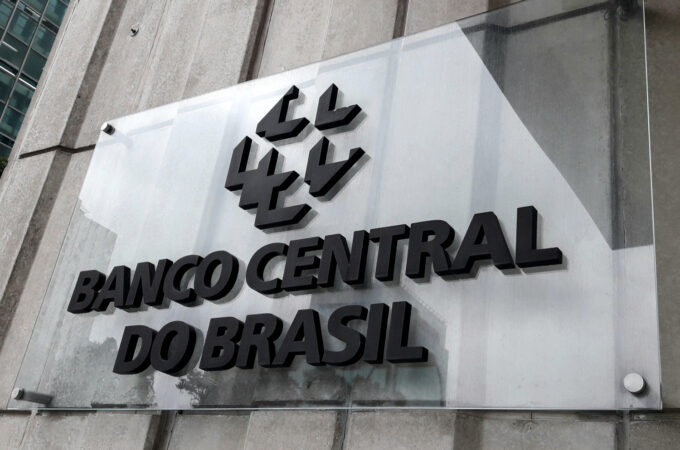
Israel Launches Digital Shekel Challenge for Payment Innovation
The Bank of Israel is taking a significant step forward in the exploration of central bank digital currencies (CBDCs) with the launch of the Digital Shekel Challenge. This initiative invites participants from diverse sectors, including private companies, public institutions, academia, and international entities, to develop innovative use cases for the proposed digital shekel. This challenge is a strategic move to foster a competitive and advanced digital payments ecosystem in Israel, drawing inspiration from the BIS Innovation Hub’s Project Rosalind.
The primary aim of the Digital Shekel Challenge is to explore the potential functionalities and applications of a digital shekel, enhancing the payment systems within Israel. The Bank of Israel has constructed a technological prototype simulating the core of the digital shekel system, complete with a robust API layer. This API layer will be accessible to selected participants, enabling them to create and test various payment solutions.
Participants are encouraged to propose use cases that demonstrate innovation and relevance to the Israeli economy. These use cases can range from enhancements to existing payment applications to entirely new solutions. Specific areas of interest include micropayments, split payments, payments requiring multiparty signatures, and subwallet management. The Bank of Israel emphasizes the need for solutions that cater to unique population needs or industry-specific scenarios, while also considering broader, universal applications.
The Digital Shekel Challenge is structured in several phases. Initially, interested parties must respond to a public call by submitting a registration form detailing their proposed idea. Selected participants will then gain access to the digital shekel trial environment, where they will develop and refine their solutions. The final phase involves presenting these solutions to a panel of experts, with top projects being showcased at a concluding conference.
Selection criteria for the challenge include the innovative nature of the use case, its alignment with Israel’s economic needs, and its ability to support the motivations for potentially issuing a digital shekel. These motivations encompass fostering competition, promoting innovation, enhancing the resilience of the payment system, facilitating cross-border payments, ensuring privacy, and reducing cash usage.
Deputy Governor Andrew Abir has highlighted the importance of this challenge in paving the way for the future of digital payments. He notes that the success of the digital shekel will depend on the cooperation between the Bank of Israel and various sectors. The challenge is designed to build this cooperative framework, encouraging participation from both domestic and international entities.
Additionally, the challenge aims to explore the impact of a CBDC on the broader financial system. This includes understanding how the digital shekel could incentivize banks to offer higher interest rates and its potential role in promoting financial stability. The Bank of Israel is also examining how a CBDC could reduce cash usage and enhance financial inclusion by making digital payments more accessible to populations that heavily rely on cash.





